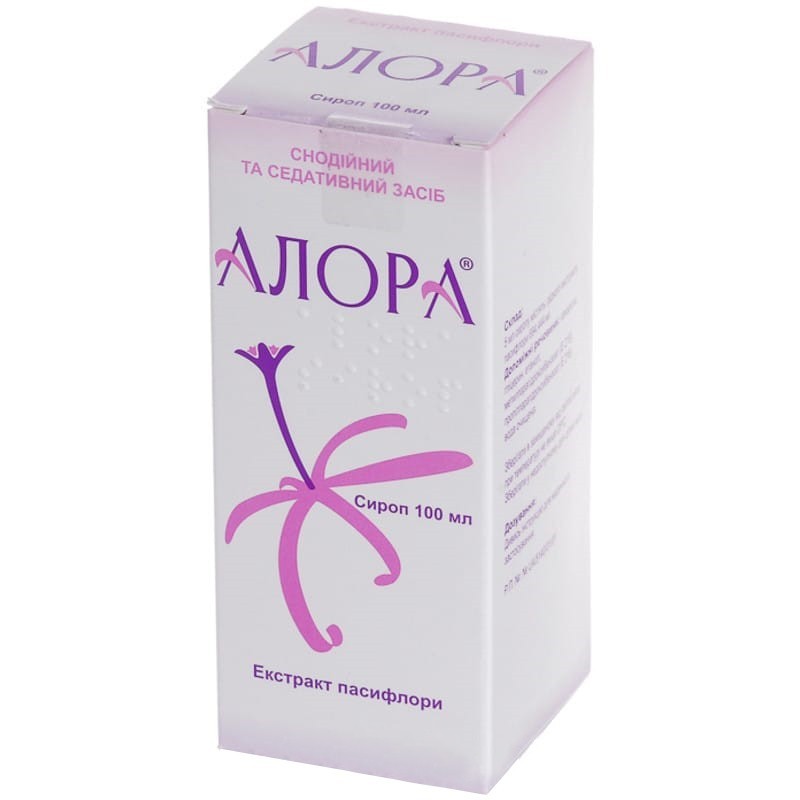



 Secure and encrypted payment processing
Secure and encrypted payment processing We ship to over 40 countries including the USA, UK, Europe, Australia and Japan
We ship to over 40 countries including the USA, UK, Europe, Australia and Japan Guaranteed refund or reship if you haven't received your order
Guaranteed refund or reship if you haven't received your orderPassiflora extract is produced from the medicinal plant passiflora incarnata (passiflora incarnate), which contains 0.04% indole alkaloids (harman, harmine, harmole), some flavonoids (vitexin, quercetin), as well as coumarins, quinones, etc.
The components of the extract inhibit the conduction of nerve impulses in the spinal cord and brain, reduce the central nervous system excitability and have a sedative effect.
The drug improves mood in depressive states, reduces anxiety and mental stress, has a mild hypnotic effect without a symptom of depression when waking up. It has anticonvulsant properties.
As a sedative for patients with neurasthenic and depressive states, with stress, anxiety, nervousness, sleep disturbances, in menopause and premenopausal period. the drug is effective for the autonomic symptoms of diseases of the nervous system (neurocirculatory dystonia, ag, cerebral vascular crises, sweating, sensation of palpitations), as well as for post-infection asthenia syndrome.
Tablets. for adults and children over the age of 12 years: to achieve a sedative effect, take 1-2 tablets 3 times a day before meals. for sleep disorders - 2-3 tablets 1 time per day 1 hour before bedtime.
The duration of the course of treatment is set individually depending on the indications and clinical effectiveness of the drug. Do not exceed the recommended single dose.
Syrup. For adults: to achieve a sedative effect, take 5-10 ml of syrup (1-2 teaspoons) 3 times a day before meals. For sleep disorders - 10 ml (2 teaspoons) before bedtime.
For children (over the age of 3 years): 2.5 ml (0.5 teaspoon) 2-3 times a day. The duration of the course of treatment is set individually depending on the indications and clinical effectiveness of the drug. Do not exceed the recommended single dose.
Hypersensitivity to the components of the drug; age up to 3 years (syrup); pregnancy and lactation (tablets).
When used in recommended doses, it is unlikely. allergic reactions are sometimes possible.
Used with caution in severe organic diseases of the digestive tract. There is no data on the use of the drug during pregnancy and lactation, so it is necessary to assess the expected benefits for the mother and the possible risk to the fetus or child.
The Alora syrup contains sucrose, therefore, the Alora drug in the form of a syrup should not be prescribed to patients with diabetes mellitus and patients with rare hereditary forms of fructose intolerance, sucrose-isomaltase deficiency or glucose-galactose malabsorption syndrome.
During treatment with the drug Alora, driving and working with potentially dangerous mechanisms should be avoided.
With simultaneous use with drugs that inhibit the central nervous system, such as barbiturates, tranquilizers, the sedative and hypnotic effects of the drug are enhanced. simultaneous administration with benzodiazepines is not recommended. simultaneous use with disulfiram should be avoided. do not drink alcohol during treatment with alor.
There is no data on overdose of the drug. in case of an overdose, it is recommended to rinse the stomach and prescribe symptomatic therapy.
In a dark place at temperatures up to 25 ° C.